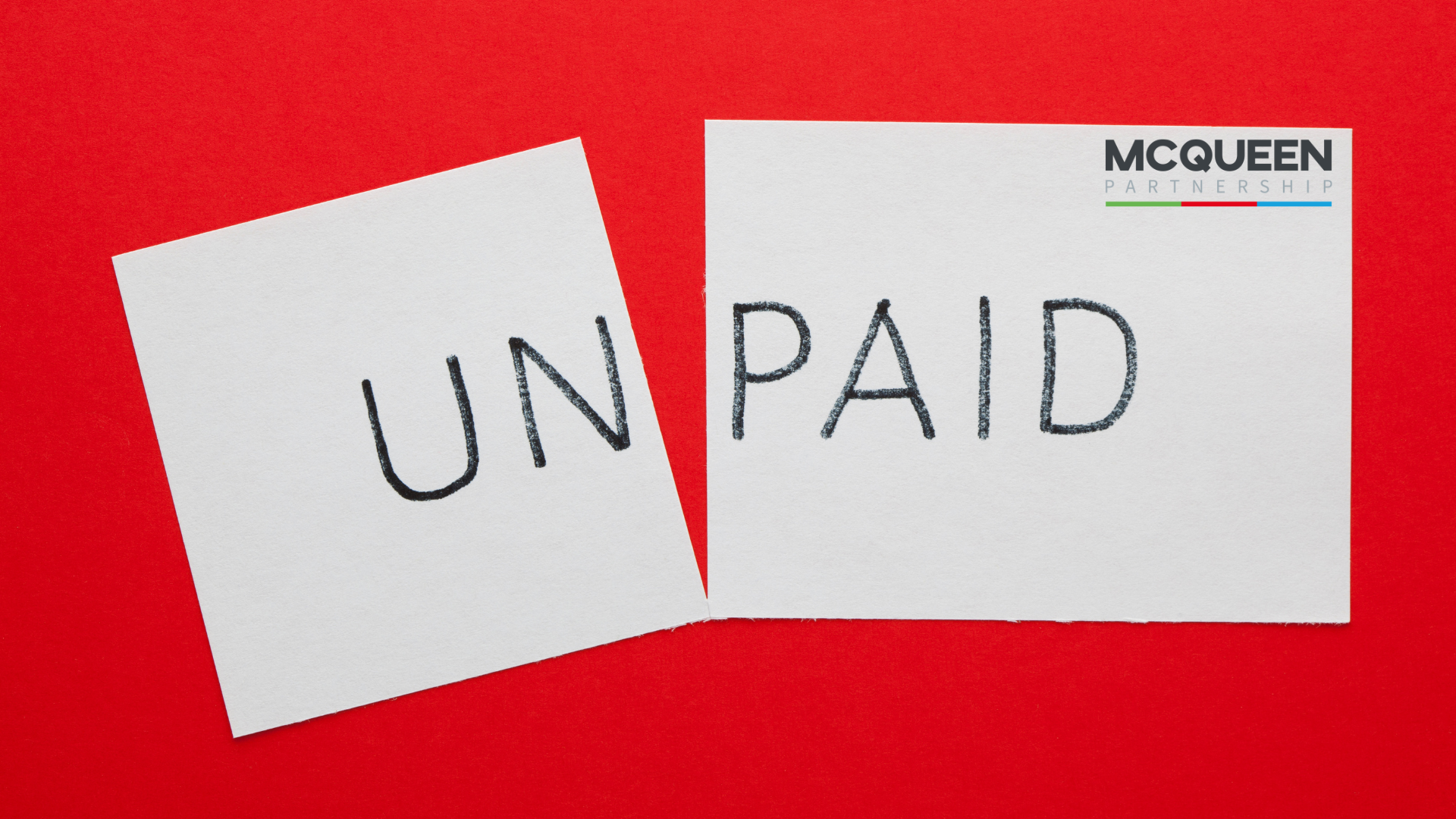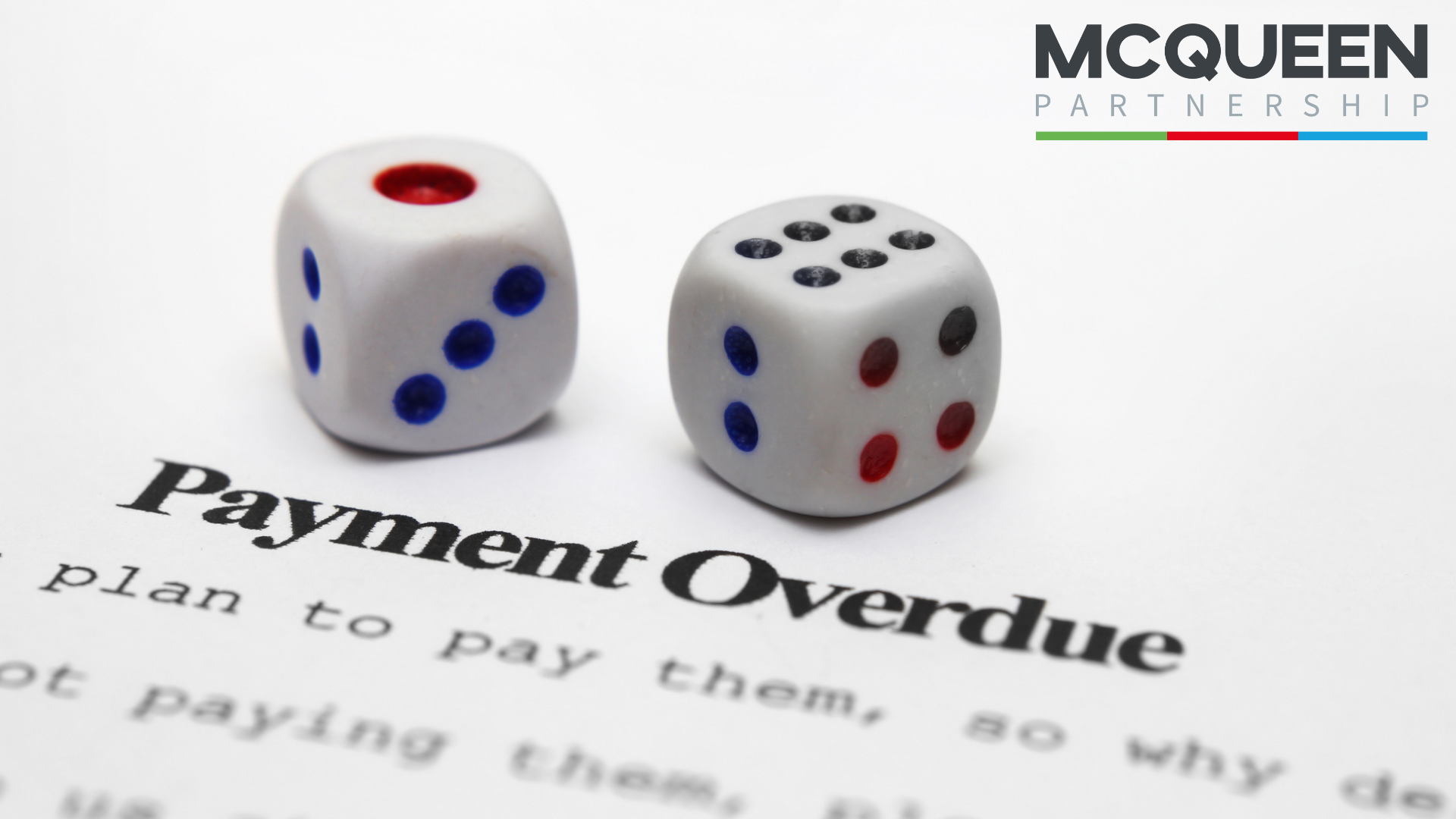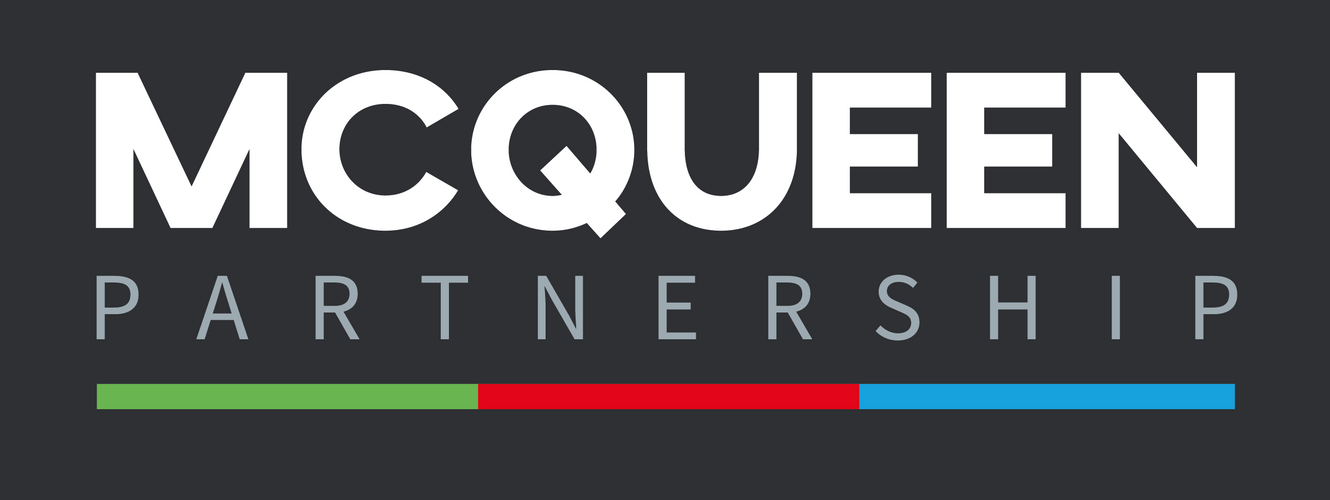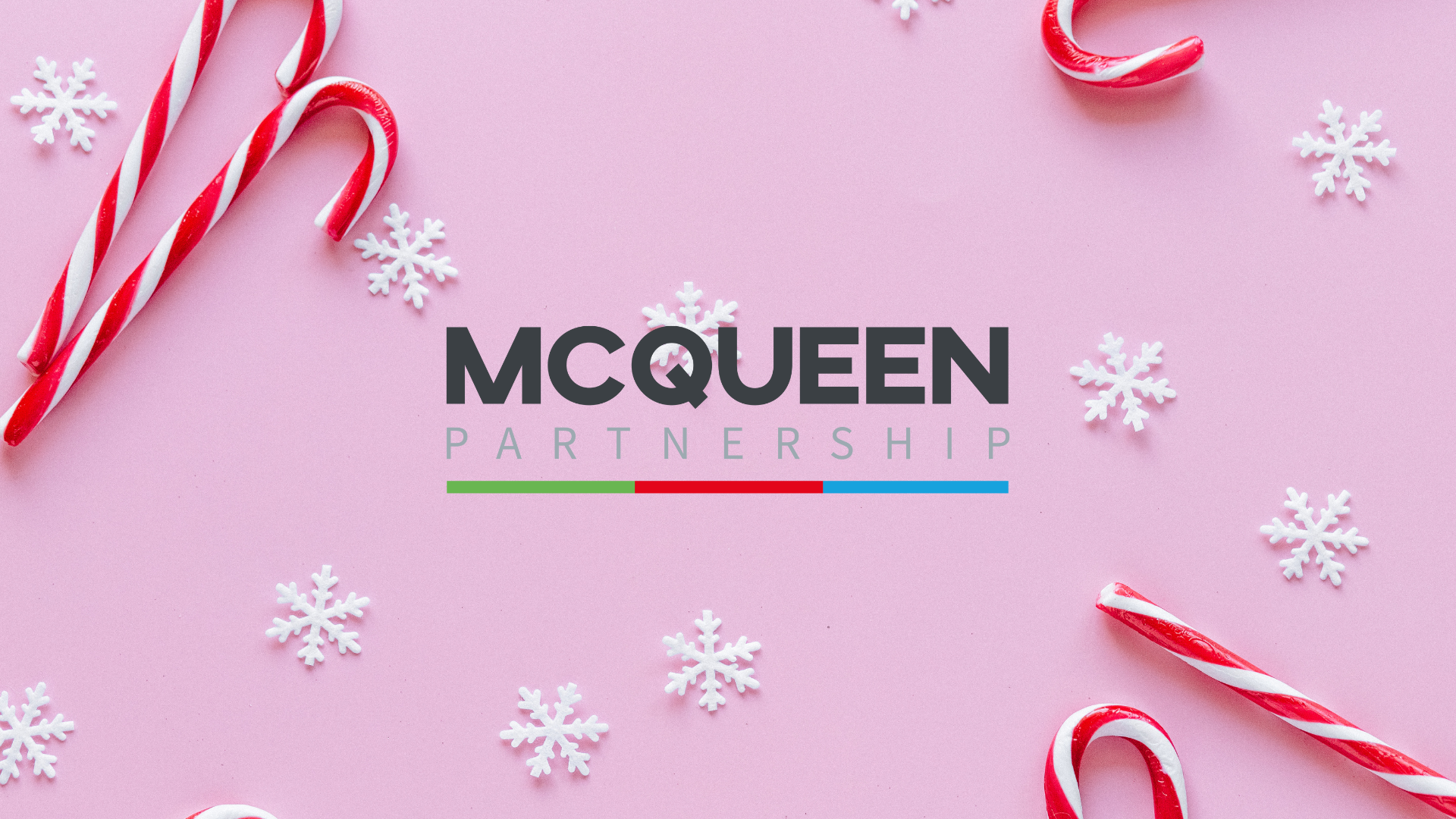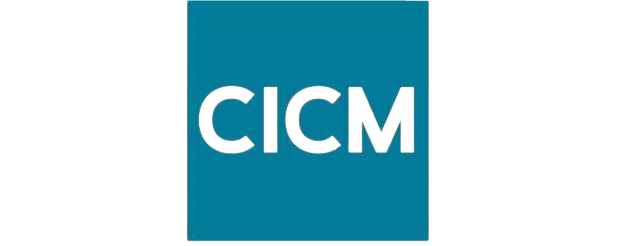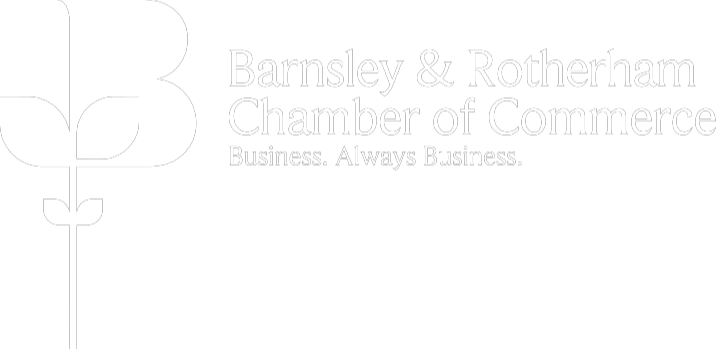Setting Up an Effective Credit Control Process: A Guide for Business Owners
Maintaining a healthy cash flow is crucial for sustained success. One key component of achieving this is through effective credit control. In this article, we'll delve into what credit control entails, the role of a credit control team, its significance, and how it differs from debt collection.
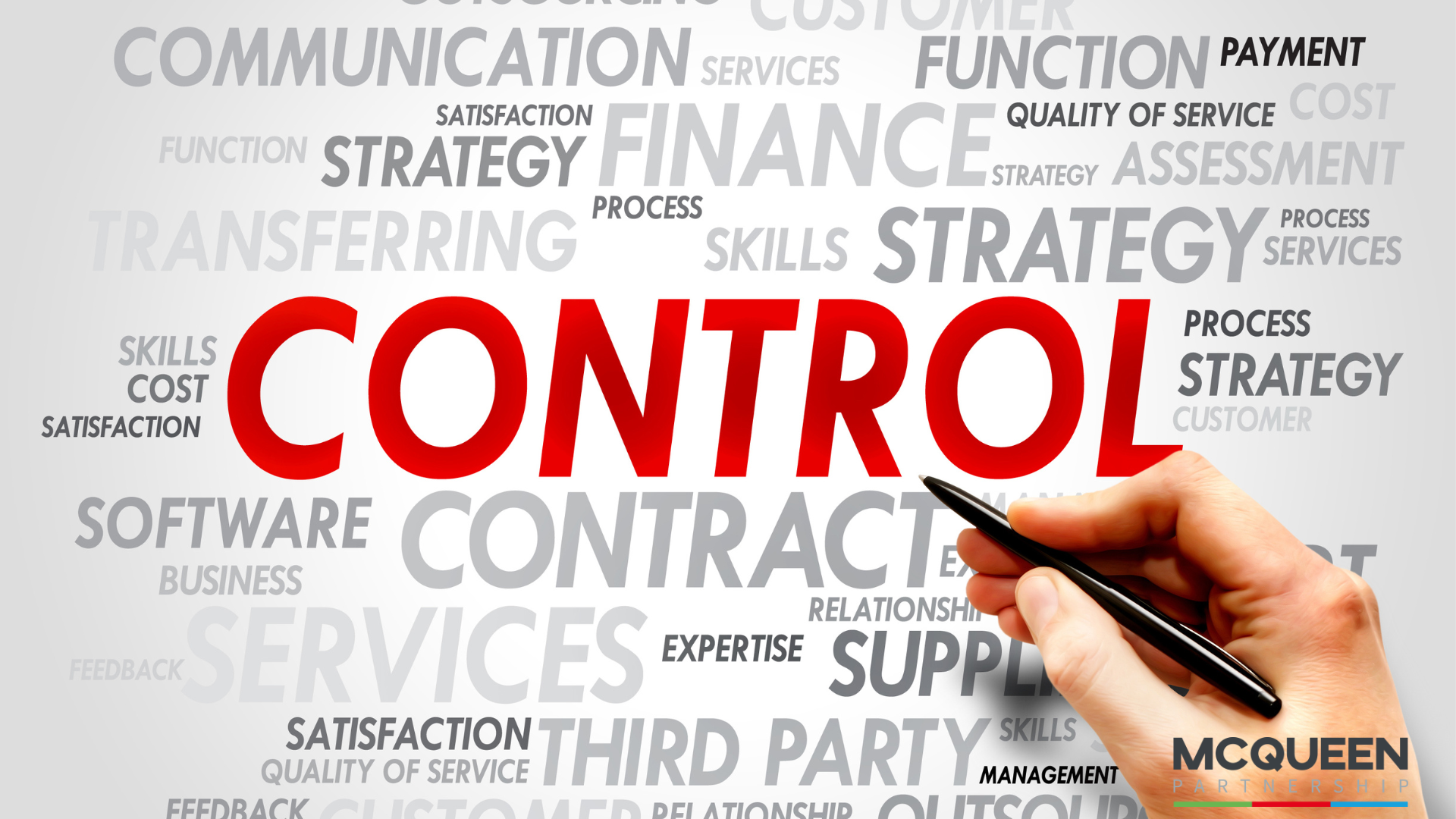
What is Credit Control?
Credit control refers to the strategies and practices that businesses employ to manage and regulate their credit policies. It involves monitoring and overseeing the credit extended to customers and clients to ensure timely payment for goods and services provided. By maintaining a structured credit control process, businesses can mitigate the risk of late or unpaid invoices, which can impact their financial stability.
The Role of a Credit Control Team
A credit control team plays a pivotal role in managing a company's credit policies and ensuring the smooth inflow of cash. Their responsibilities encompass a range of tasks, including:
- Credit Assessment: Assessing the creditworthiness of potential clients before extending credit to them.
- Invoicing: Issuing accurate and timely invoices to customers for the products or services rendered.
- Payment Monitoring: Keeping track of outstanding invoices and following up on overdue payments.
- Communication: Establishing effective communication with clients to resolve payment disputes and address any concerns.
- Debt Recovery: Initiating debt recovery procedures in case of persistent non-payment.
The Importance of Credit Control
Effective credit control is paramount for several reasons:
- Cash Flow Stability: Timely payments enhance cash flow, enabling businesses to meet their financial obligations promptly.
- Risk Management: Credit control minimizes the risk of bad debts and financial losses by identifying potential payment issues early.
- Customer Relationships: A well-managed credit control process helps maintain positive relationships with customers by addressing payment queries professionally.
- Business Growth: Consistent cash flow empowers businesses to invest in growth opportunities and expand their operations.
Credit Control vs. Debt Collection
While credit control and debt collection are related concepts, they serve distinct purposes. Credit control focuses on preventing late payments and ensuring customers meet their payment obligations. On the other hand, debt collection involves recovering overdue payments after they have become past due.
In summary, credit control is a proactive approach to managing credit and ensuring a steady cash flow, while debt collection is a reactive measure taken when payments are already overdue.
In conclusion, implementing an effective credit control process is vital for maintaining a healthy financial position and sustaining business growth. By establishing a dedicated credit control team and adhering to best practices, businesses can enhance cash flow, mitigate risks, and maintain positive relationships with customers.
Are you ready to take your business's financial management to the next level? Learn more about our Credit Control services or explore our personalised Credit Management Consultation options.

